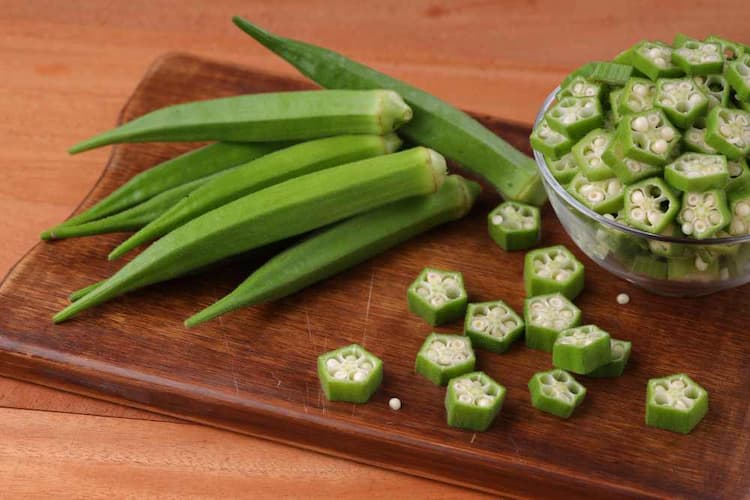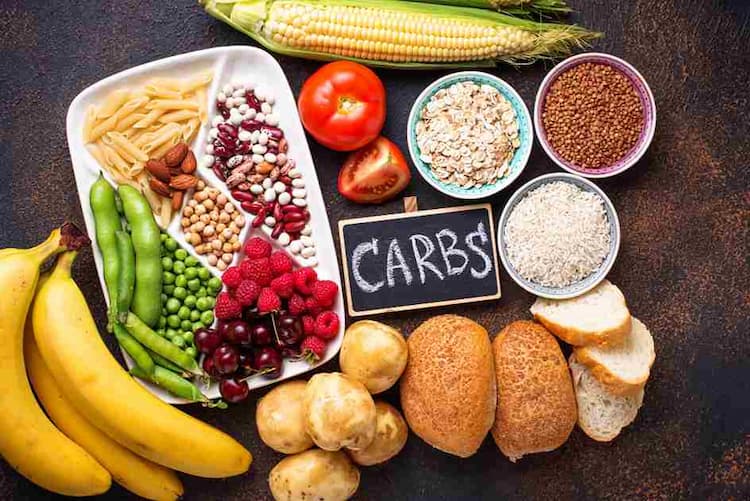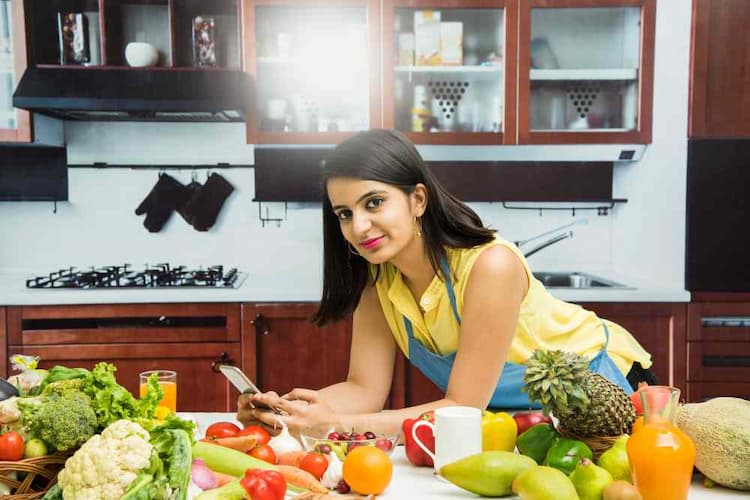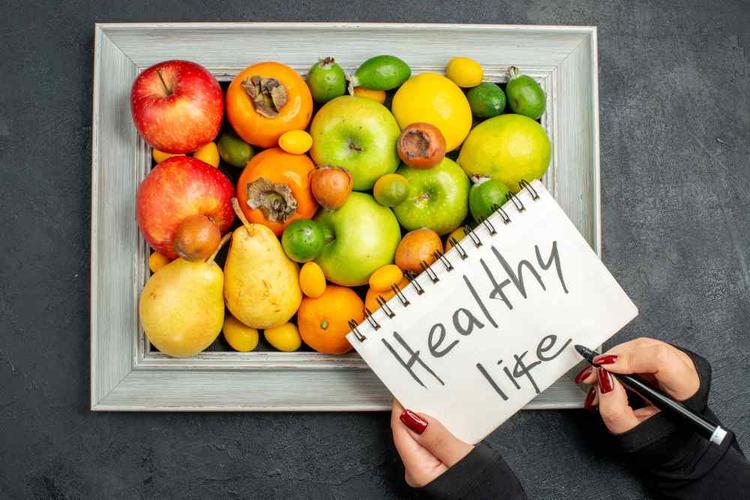Dietitians List The 10 Best Foods for Pregnant Women

Medically Reviewed By
Dr. Ragiinii Sharma
Written By Prekshi Garg
on Sep 8, 2022
Last Edit Made By Prekshi Garg
on Mar 18, 2024
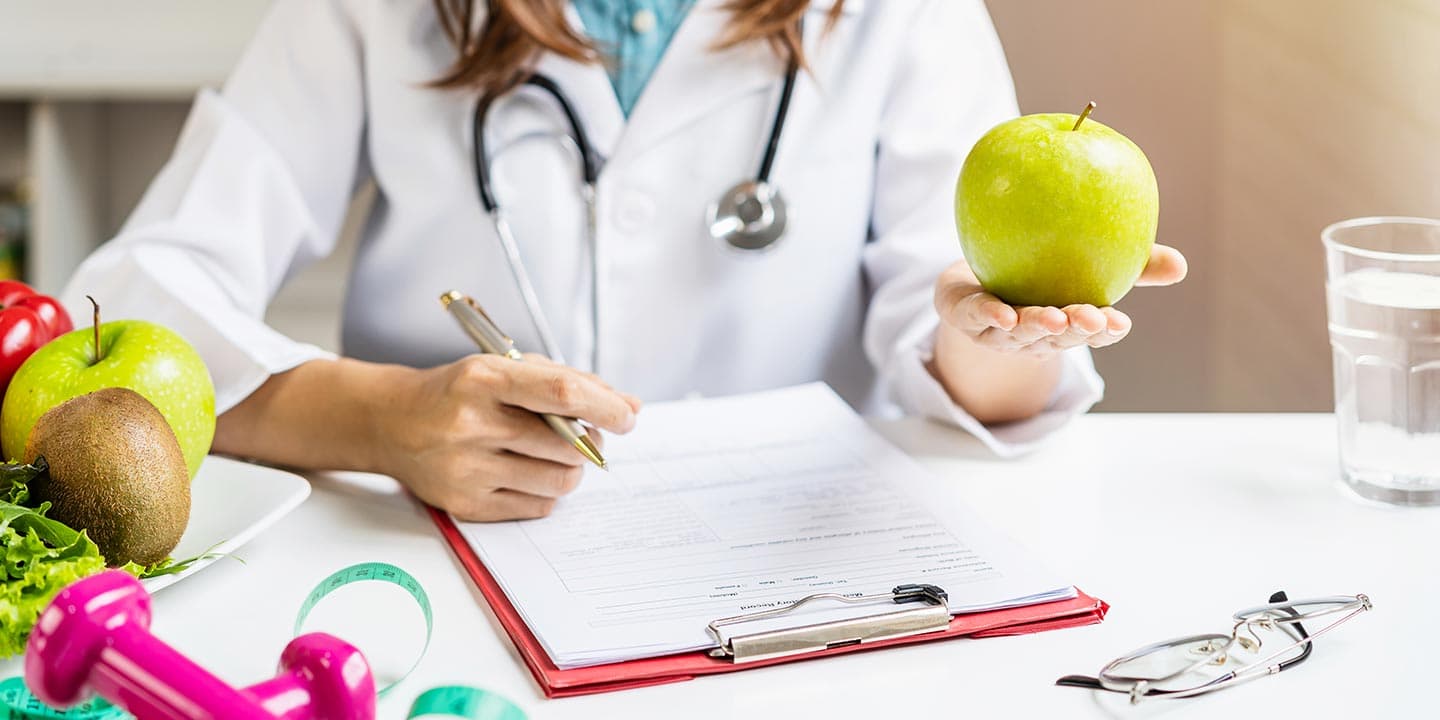
We have all heard people say, “What you eat, the baby eats,” to pregnant people. And the phrase is quite true. Diet plays a very important role in optimizing the well-being of the mother and the developing fetus during the pregnancy period. It determines how well the baby would develop without any risks of congenital disabilities.
Nutrients like folate and choline are essential to ensure the baby’s neural development, and so are calcium and Vitamin D for healthy bones and teeth. If you thought that taking prenatal vitamins is enough to support your needs for micro and macronutrients, you are mistaken.
This article will discuss all the top pregnancy superfoods and why dieticians often suggest them for a healthy and risk-free pregnancy journey.
What are the Best Pregnancy Superfoods?
When planning a pregnancy diet, you need certain nutrients to get over the others. You need a healthy dose of nutrients like:
- Folate
- Choline
- Calcium
- Vitamin D
- Iron
- DHA
- Iodine
While you can get a certain percentage of these nutrients from prenatal vitamins, the rest comes from the pregnancy diet you are following. We have sorted the top 10 pregnancy superfoods you should add to your diet without fail:
1. Salmon
Raw salmon? Definitely not. But cooked salmon can support your pregnancy in multiple ways. Most pregnant women shy away from fish during their pregnancy due to the mercury levels in the fish.
While that’s a valid concern, the benefits of the omega-3 fatty acids in salmon outweigh the downsides. Eating fish like salmon in moderation throughout pregnancy will also meet the needs of docosahexaenoic acid (DHA), which plays an important role in fetal brain development.
Seafood, especially salmon, also have a high level of iodine and selenium, both of which are necessary for the baby growing inside you. If you are inclining toward seafood during your pregnancy, keep these in mind:
- Eat fish like salmon, canned light tuna, anchovies, etc.
- Limit eating fish 1-2 times a week
- Avoid fish like king mackerel, tilefish, swordfish, etc., since they have high mercury content.
- Never eat raw fish, especially salmon.
As for the best cooking method for your salmon, you can cook it on a pan, in an oven, or even in an air fryer.
2. Dairy Products
Unless you have lactose intolerance, consuming dairy products is one of the best foods for pregnancy. It meets the body’s calcium and protein requirements, especially to meet the needs of the developing fetus inside you.
Besides the staple nutrients, dairy products are also enriched with a variety of other minerals, including:
- Phosphorus
- Vitamin B
- Magnesium
- Zinc
Dairy products like Greek yogurt are rich in probiotics, which also support gut health and digestion during pregnancy. Since constipation and indigestion are quite common during pregnancy, eating foods that improve gut health can be of extreme help.
3. Eggs
Another staple pregnancy food is eggs. The reason why it's considered the best food for pregnant women is all thanks to its protein content.
Eggs are one of the few dietary sources of choline, a crucial nutrient that you need for the healthy development of the baby’s brain and spinal cord in-utero. Lack of choline in the diet might lead to risks of congenital disabilities, so ensure to include what’s needed for a healthy pregnancy.
Besides protein, eggs are also a rich source of different types of other vitamins and minerals that are essential for the tenure of the pregnancy.
4. Dark Leafy Greens
Before you get irritated thinking we are telling you to eat your veggies, it is essential to understand it’s a crucial part of the diet of pregnant women. Most dark leafy greens, like kale, broccoli, spinach, etc., are loaded with folate, another nutrient you need for the optimal development of the baby’s neural tube in the womb.
The benefits don’t just stop there because these vegetables are also packed with:
- Fiber
- Vitamin C
- Vitamin K
- Magnesium
- Iron
All these nutrients are highly beneficial for the baby’s development and support the mother’s health throughout the pregnancy. Since they are loaded with water-soluble fibers, eating a portion of cooked greens can regulate bowel movements during pregnancy and relieve the complaints of constipation.
5. Legumes
A versatile group of food, legumes consist of lentils, peas, beans, soybeans, peanuts, chickpeas, etc. If you are vegetarian or vegan, adding legumes can meet daily protein requirements.
Besides protein, most legumes are also rich in other essential nutrients like protein, fiber, iron, calcium, and folate.
Since folate is often found in non-vegetarian options, including legumes in the diet can inadvertently meet the folate needs per day, especially during the first trimester.
A healthy pregnancy needs 600 mcg of folate, which needs to be supplemented through food and prenatal vitamins. Additionally, legumes are also high in water-soluble fibers, which regulate bowel movement and relieve the signs of constipation.
6. Sweet Potatoes
Sweet potatoes are healthy food for pregnant women for multiple reasons. Besides the fact that they are versatile and can be cooked in multiple ways, sweet potatoes also have a high level of Vitamin A in them.
Beta carotene or Vitamin A is an essential vitamin you need for the healthy growth and development of the bones of the developing fetus.
Another good source of Vitamin A is organ meats, but they aren’t the safest to eat during pregnancy, especially in larger quantities.
So, switching to plant-based sources of Vitamin A meets those needs quite well. Sweet potatoes also have high fiber content, ensuring regular bowel movements.
Pregnancy can be a very fragile and sensitive period, so being cautious of every symptom is ideal. This allows you to prevent complications and ensure your pregnancy is safe and comfortable. Getting timely testing as prescribed by your OBGYN is hence a necessity. Redcliff labs streamline the testing experience for you from the comfort of your home.
7. Walnuts
While salmon and seafood provide a healthy dose of omega-3 fatty acids, walnuts are a great source of plant-based omega-3 fatty acids.
They are easy to eat on the go, and you don’t have to worry about cooking or contamination when it comes to walnuts. However, ensure that you aren’t allergic to the same because if you are allergic to walnuts and eat them during pregnancy, it might lead to complications.
Besides omega-3 fatty acids, walnuts are also a good source of protein, magnesium, and fiber as well. All these micronutrients are great for supporting the GI health of the expecting mother.
If you are wondering how to introduce walnuts into your diet during pregnancy, start by snacking on a few each day and then include them in your breakfast oatmeal, cereal, etc.
8. Meat
Iron is a quintessential nutrient that a pregnant woman needs during their period of gestation. Ideally, 27 mg of iron per day during pregnancy is a must for every expecting mother. While supplements and plant-based foods have iron, it isn’t close to meeting the daily dietary requirement.
Hence, meat is considered a good food for pregnancy since the heme-form iron is readily absorbed into the body after consumption.
Not just red meat, you can get your source of heme-form of iron from different types of meat like chicken, turkey, ground beef, and lean pork. Limit meat consumption to 1-2 times every week instead of frequenting it a lot since you might have a hard time digesting them.
For better nutrient enrichment, make a broth out of the bones. This is rich in various nutrients, including calcium, magnesium, potassium, etc., all of which support the bone health of the mother and the developing fetus.
9. Berries
We had to include fruits good for pregnancy in the list too. While there are quite a few different types of fruits you can consume, we’d rank berries on the top.
Not only are they rich in antioxidants, but berries also have a high level of Vitamin C, carbohydrates, fiber, and water content in them. These support the overall health of the pregnant woman, all the while ensuring that the fetus is developing steadily in the womb.
Surprisingly enough, most berries have a low glycemic index. This suggests that eating a handful of berries in one sitting won’t spike the blood glucose levels, which is a very common risk with a few other fruits.
Berries like strawberries, blueberries, raspberries, goji berries, etc., are low in calories, further supporting the dietary requirements during pregnancy. You can add them to your breakfast meals or snack on them on the go.
10. Avocados
Last on the list of best foods for pregnant women is avocados. This is one of those few superfoods that are trendy, and people enjoy eating it in various forms. Be it as a dip in the form of guacamole or slathered all over a piece of toast as your morning breakfast, avocados are versatile and delicious.
It is enriched with:
Monounsaturated fatty acids – support the development of the baby’s skin and brain
Vitamin K – prevent certain congenital disabilities
Folate – support neural tube development
Potassium – relieve leg cramps in the mother
Vitamin B6 – brain development of the fetus, relieves nausea in the pregnant woman
Fiber – relieves constipation
It is also loaded with antioxidants, all of which reduce the risks of free radical damage and oxidative stress in the body during pregnancy.
FAQs
What 5 food groups are healthy during pregnancy?
If you are customizing your diet with the best pregnancy food, we’d recommend adding fruits, vegetables, whole grains, lean protein, and dairy products to the diet.
What cereal is good for pregnancy?
Cereal, in moderation, is good for your pregnancy. There are multiple brands out there but try to get your hands on the fortified, sugar-free cereals for optimal health of the baby and the mother.
Are grapes good for pregnancy?
Grapes are generally considered safe for consumption during pregnancy. However, grapes can shoot glucose levels in the blood very quickly. So, avoid eating a lot of grapes in one sitting.
Conclusion
And, that’s a wrap discussing healthy food for pregnancy. Remember that pregnancy is a very subjective experience, so what you eat relies on your taste buds and the availability of the foods where you live. Always aim for a balanced and nutritious diet rich in the required macro and micronutrients; you should be good to go. Besides your diet, ensure that you take your prescribed prenatal vitamins.
Leave a comment
3 Comments
Janisthaa IVF
Nov 8, 2023 at 10:41 AM.
This very good list of food and nutrition. Women's in pregnancy strictly follow this.
Myhealth Team
Nov 17, 2023 at 12:17 PM.
I'm glad you find the list helpful for pregnancy nutrition. Always consult with healthcare professionals for personalized advice.
Jennifer M. Bell
Dec 14, 2022 at 11:21 AM.
Okay thank you so much
Jennifer M. Bell
Dec 12, 2022 at 10:02 AM.
Are there recommendations specific to each trimester? Or are these the top ten for all trimesters?
Myhealth Team
Dec 14, 2022 at 7:02 AM.
Thank you for your enquiry. You may ask your query on our health community https://redcliffelabs.com/health-community/ and you would receive an appropriate response and along with that you would also receive more content on Health management on this platform.
